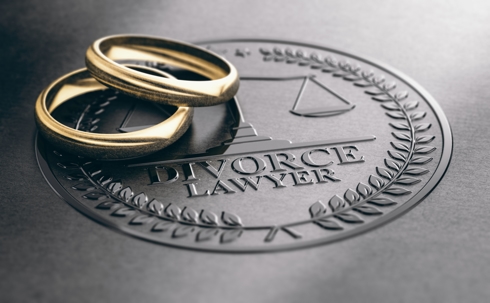In many marriages, the “out-spouse” is often taken advantage of because he or she has little to no involvement in the family finances. When it comes to high-asset divorces, it is not uncommon for the spouse who handles the bookkeeping during the marriage to hide assets from the out-spouse.
The following are several tactics spouses may use to hide assets from the other during a divorce:
- Using a separate account – A spouse may transfer money from a joint bank account to an account with only his/her name.
- Transferring assets to family and friends – A spouse may collude with close friends and family by transferring money and assets to them. Once the divorce is complete, these individuals will transfer the money and assets back to your ex-spouse.
- Purchasing artwork, antiques, and collectibles – A spouse may convert money into costly and luxurious items and underreport their actual value. For instance, buying an expensive painting and later reselling it after divorce.
- Using a safe deposit box – A spouse may store cash inside the safety deposit box and hide it somewhere within the family home or in another location, like the office.
- Using a custodial account – A spouse may open a custodial account by using one of his/her children’s name and transfer funds to that account.
- Overpaying taxes – Not only can overpaying the IRS result in using this year’s refund for the following year’s taxes, but it also means the money cannot be used in divorce and available for property division.
If your spouse controls the family’s finances, it is important you first ask the other spouse for copies of all financial records. If your spouse refuses to provide this information, you and your lawyer can use the formal process known as “discovery” to obtain all financial records and have your spouse provide testimony under oath.
If your spouse fails to produce all financial records during discovery, you can subpoena him/her to ensure he/she complies or else he/she faces possible sanctions from a judge. Additionally, your spouse could also be subject to criminal penalties for lying under oath.
If you are going through a high-asset divorce in Charlotte, NC, contact Jetton & Meredith, PLLC today at (704) 931-5535 and schedule an initial consultation to discuss your case with our legal team.

